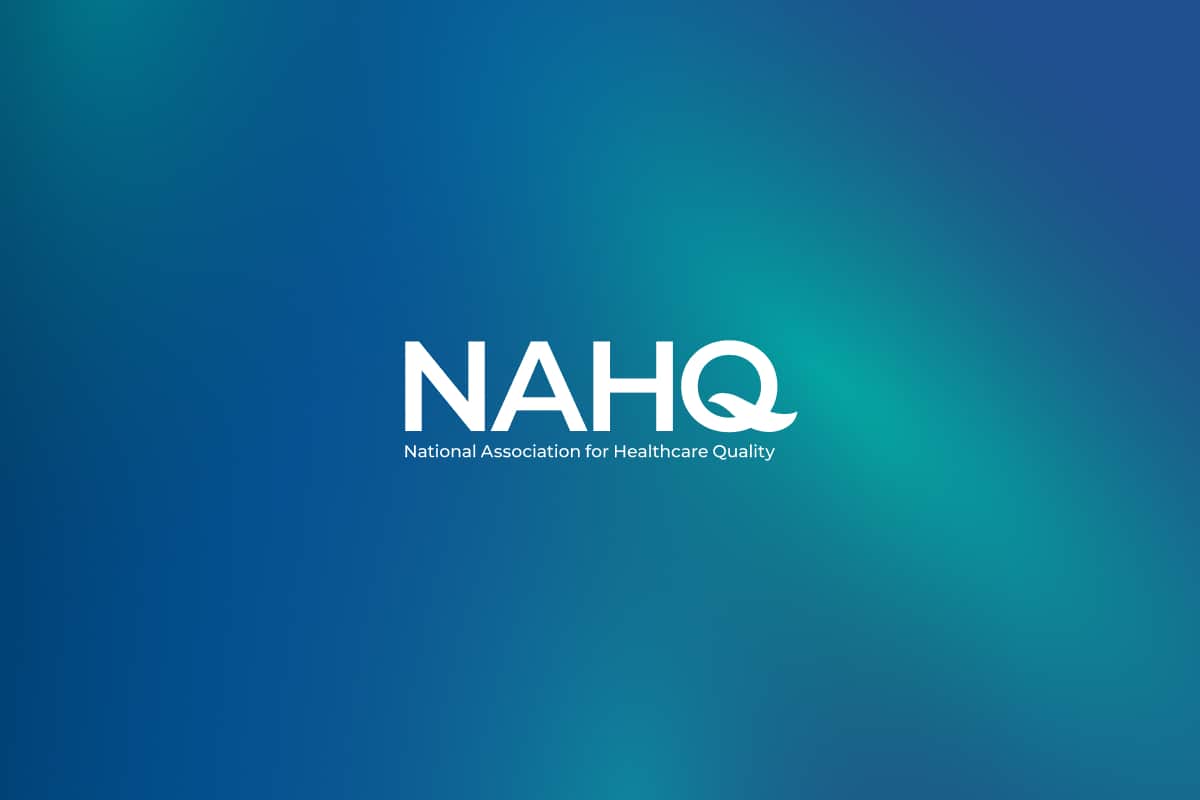During the pandemic, the first of the millennials turned 40. It’s hard to believe, but this purpose-driven, intentional generation is not only the majority of the healthcare workforce, but they are also coming into their own as leaders. Working to innovatively solve complex problems, this generation of healthcare quality professionals approaches their work and careers in new and exciting ways.
Meet Raphael McIntyre, CPHQ
When I think of millennials making a difference in healthcare quality, I think of Raphael McIntyre. I first met Raphael in 2017 when he was studying for the Certified Professional in Healthcare Quality® (CPHQ). We connected via social media and then at NAHQ Next in 2018. I am watching Raphael advance in his career with great interest and today he works in operational excellence for Texas Health Resources, one of the largest nonprofit health systems in the United States.
Raphael joined Texas Health Resources less than a year ago having left full-time employment at the beginning of the pandemic to receive his MA in Design from the University of Texas. The program he attended focuses on applying human-centered design as a force of innovation for healthcare. When I asked Raphael what motivated him to make such a dramatic move, he told me, “When things started shutting down at the beginning of the pandemic, I had to go to a place of determination and actively engage in my life.”
Raphael needed a new and different kind of challenge. Learning to apply design thinking to his work as a healthcare quality professional provided him with the motivation to keep moving forward. Raphael explained his attraction to design thinking like this, “Design thinking uses the question ‘How might we?’ to open up dialogue with various stakeholders and begin the creative thinking process. We don’t do enough of this in healthcare. We would rather rely on experts to tell us what to do and how to do it. But, healthcare design and healthcare improvement are a natural pairing, and I am using design processes and tools often in my planning work now.”
Empathy Supported by Strategy
While processes and tools are vitally important, Raphael never forgets that operational excellence and quality improvement are ultimately about people. He strives to combine empathy with strategy as the focus of his life’s work. “We work to create strategies. We make plans. But at the end of the day, kindness is the point. Healthcare quality professionals can get a bad rap. After all, we are the auditors, we are about compliance. But if you lead with kindness, you are much more likely to be successful.” When facilitating improvement project teams, he remembers to be considerate while using his design thinking skills to challenge the status quo.
It is clear from my conversations with Raphael that he is motivated to integrate his life and his work as much as possible. His career as a healthcare quality professional reflects his values and it is important for him to personally invest in the things that matter to him. For example, Raphael pays for his engagement with NAHQ as a strategic investment in himself and his career that transcends the positions he holds.
When I asked Raphael what is next on his journey, he replied, “I will always want to be an advocate for thinking creatively with kindness in mind.” He is looking forward to the potential of studying for his PhD one day and perhaps ascending to the position of Chief Improvement Officer. But for now, Raphael is focused on making the most of his new position, adding new skills to his repertoire and being a part of the solution to make healthcare better and more accessible for all.
Emmett T. Ervin, MPA, CPHQ
NAHQ President
Related Content
NAHQ Launches Groundbreaking Research on Why Competency Standardization Matters for Healthcare Improvement
NAHQ’s professional assessment of the healthcare q...
Read MoreNational Association for Healthcare Quality Celebrates Growing Profession and Discipline with Special Events During Healthcare Quality Week Oct. 15-21
National Association for Healthcare Quality Celebr...
Read MoreNAHQ Awards Recognize Outstanding Healthcare Quality Professionals
CHICAGO (October 6, 2021) — Six healthcare quality...
Read More
